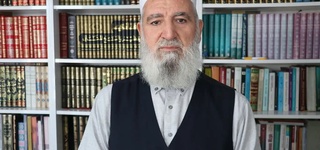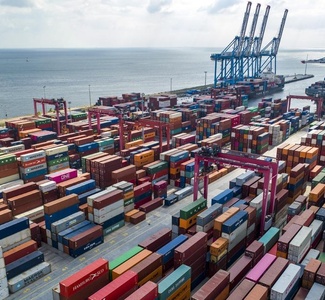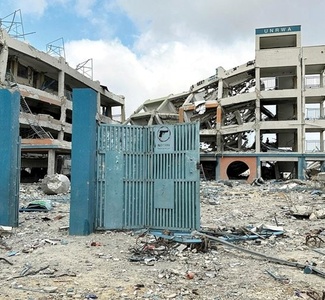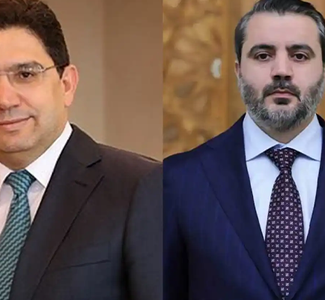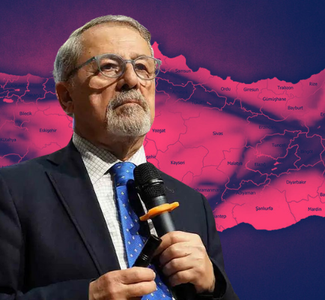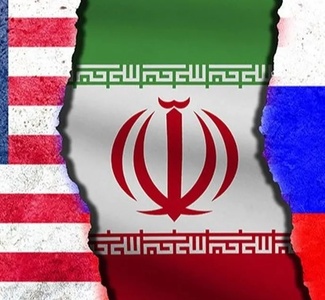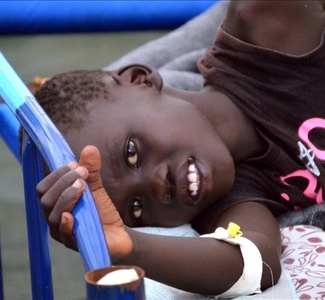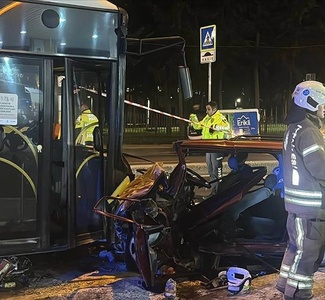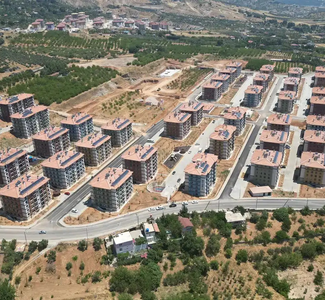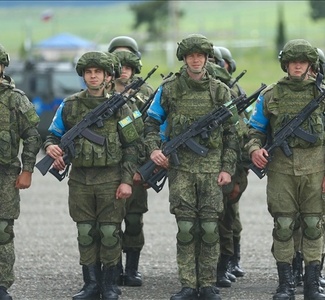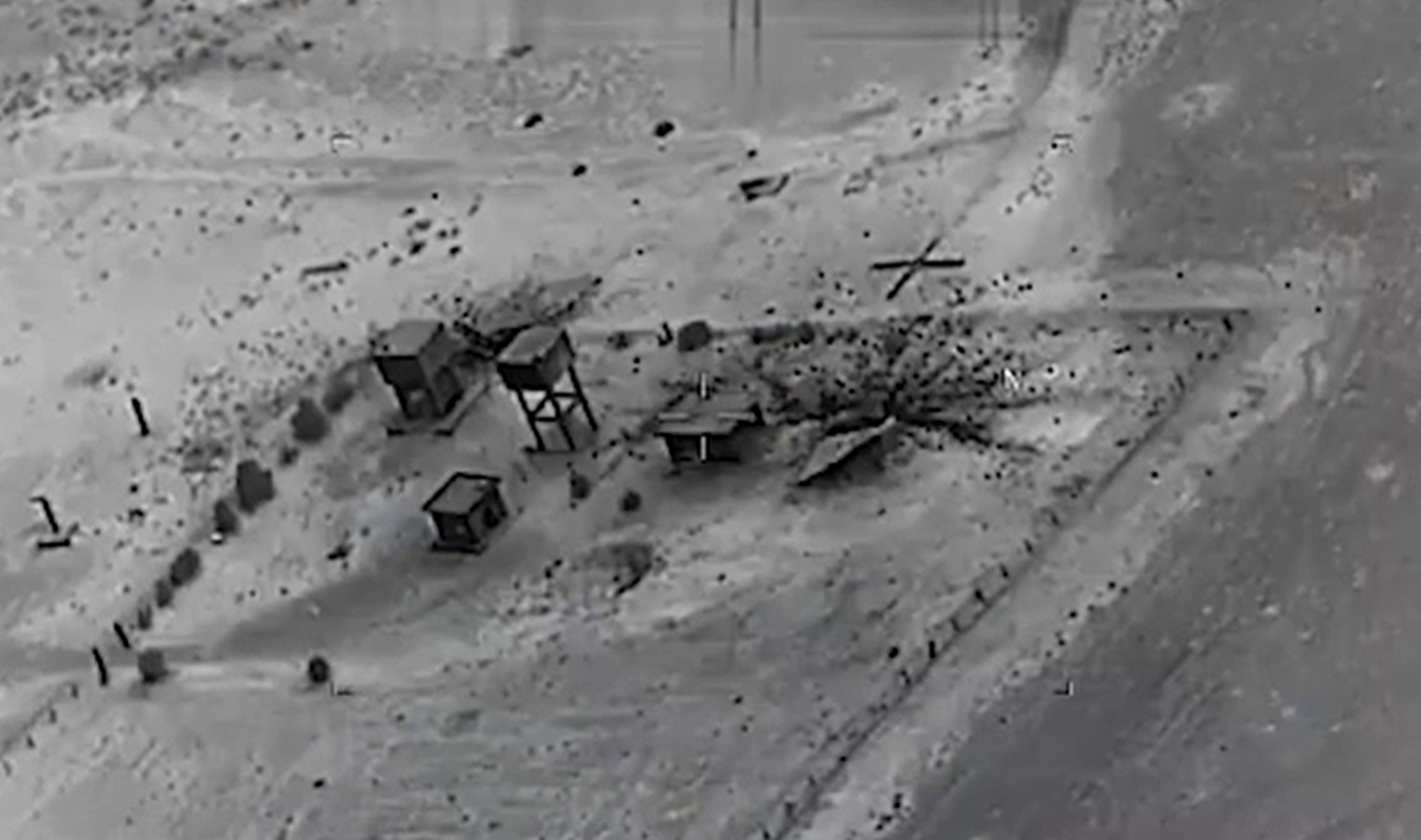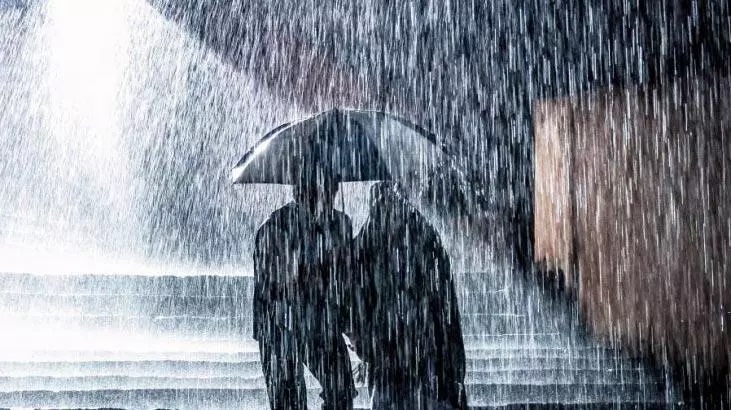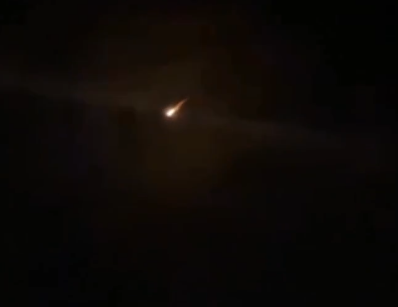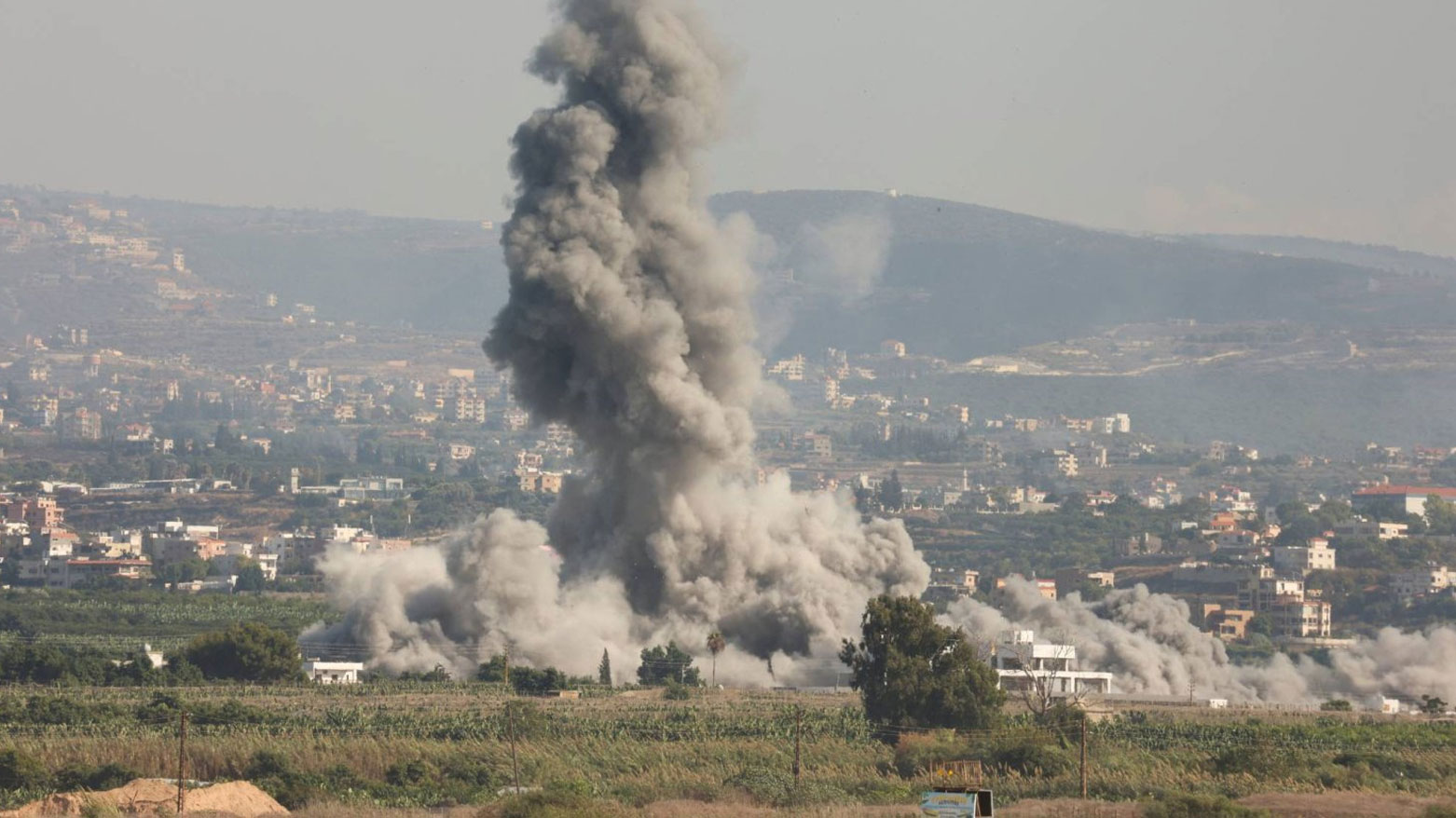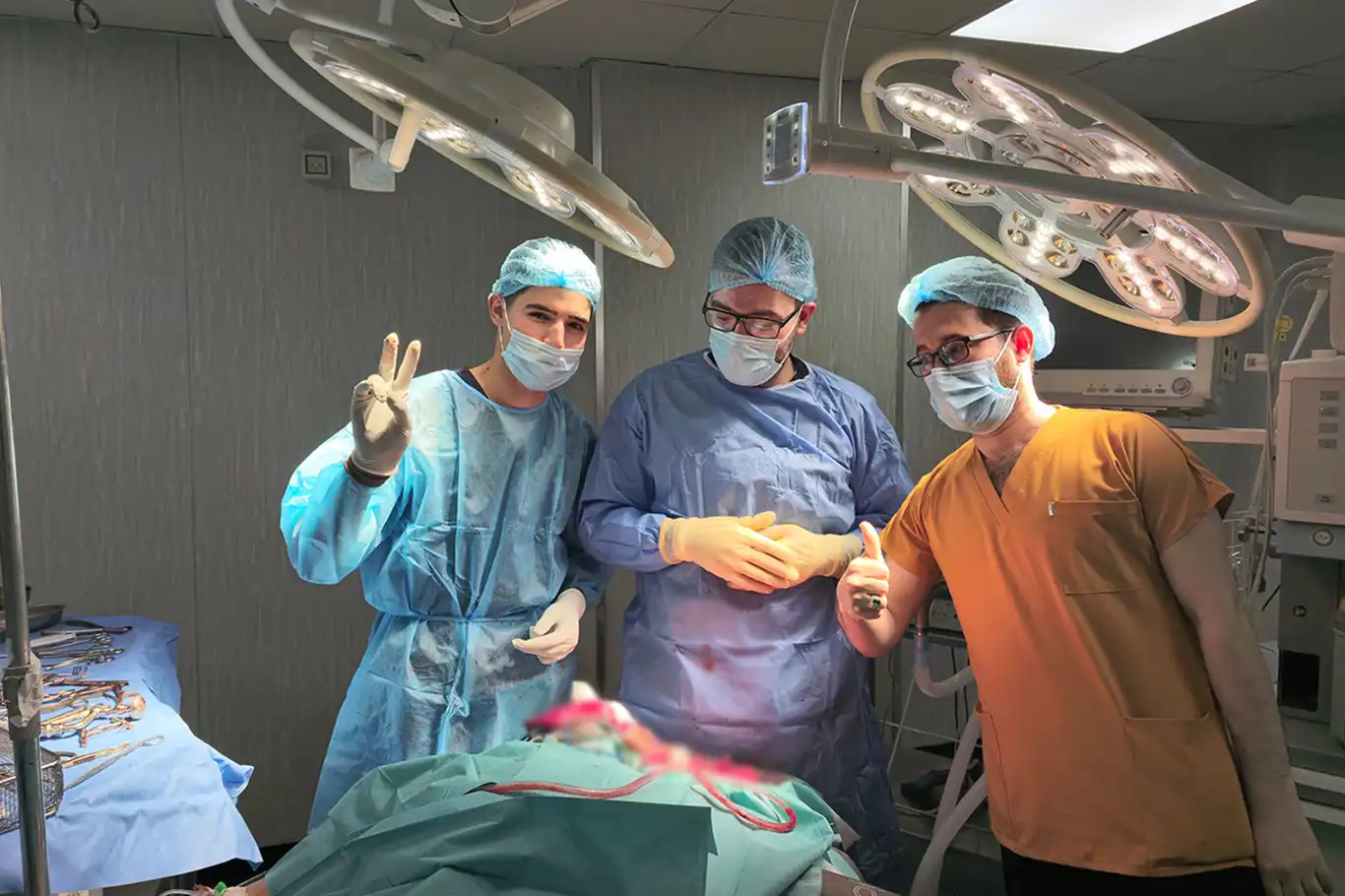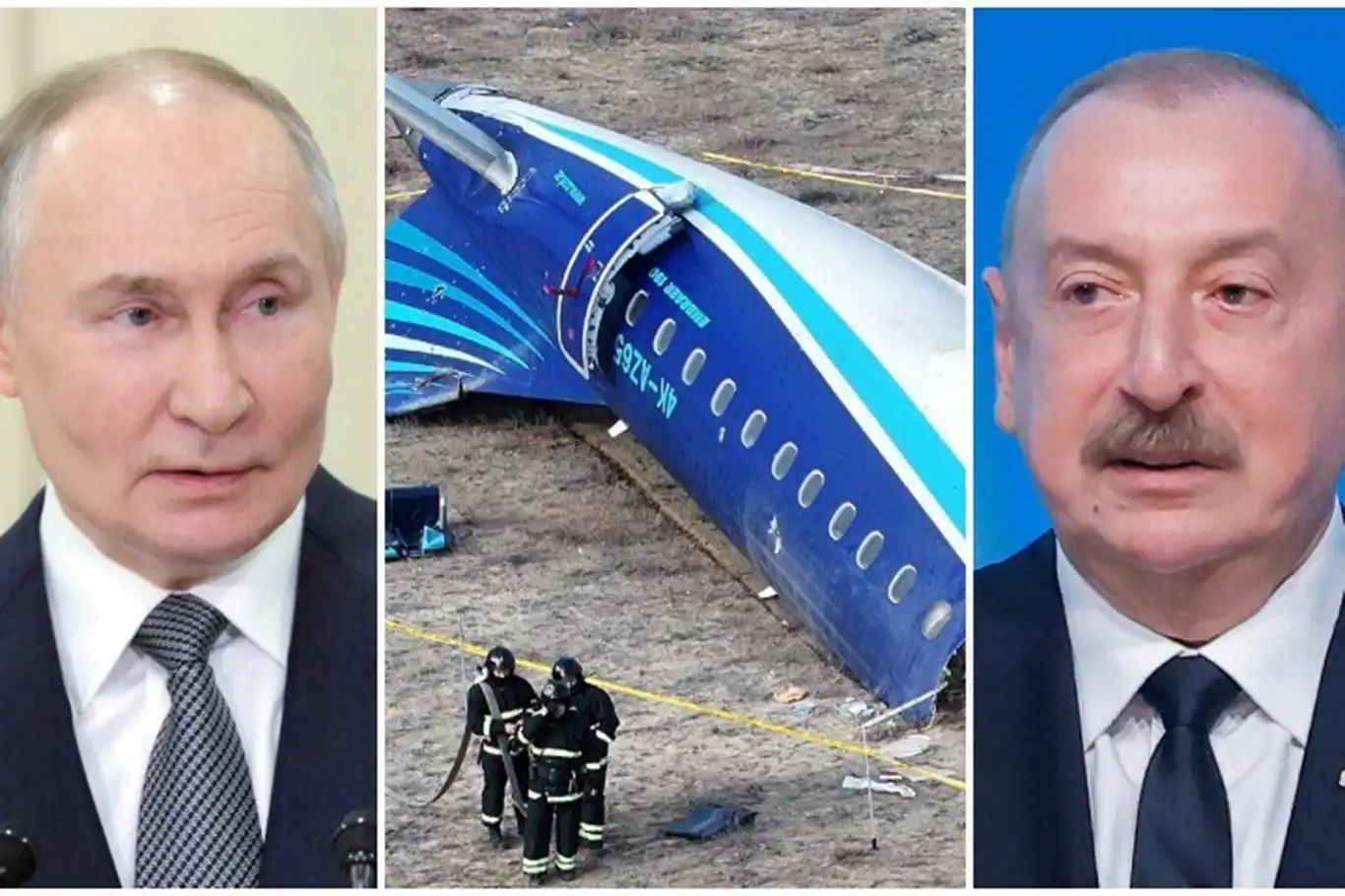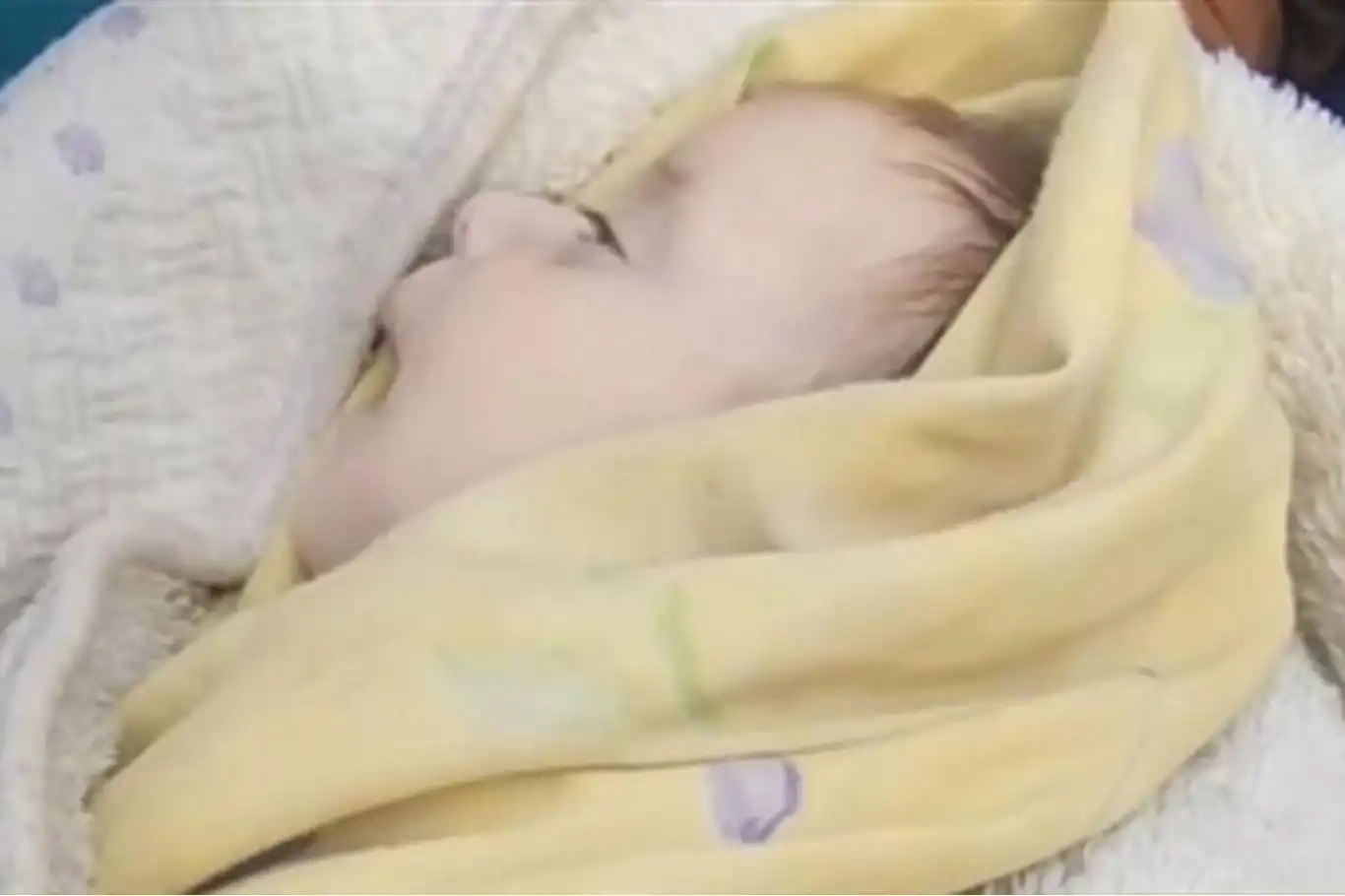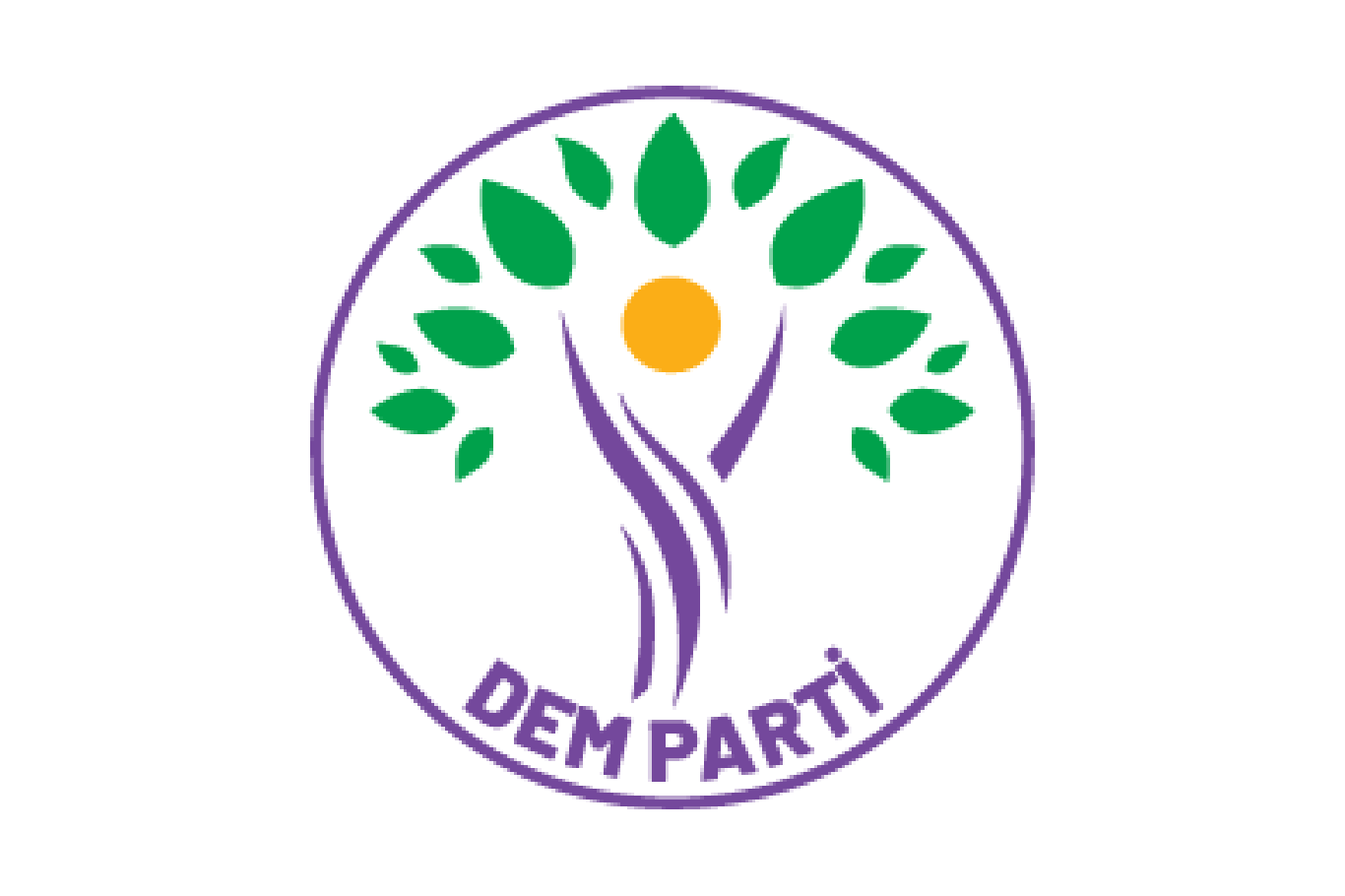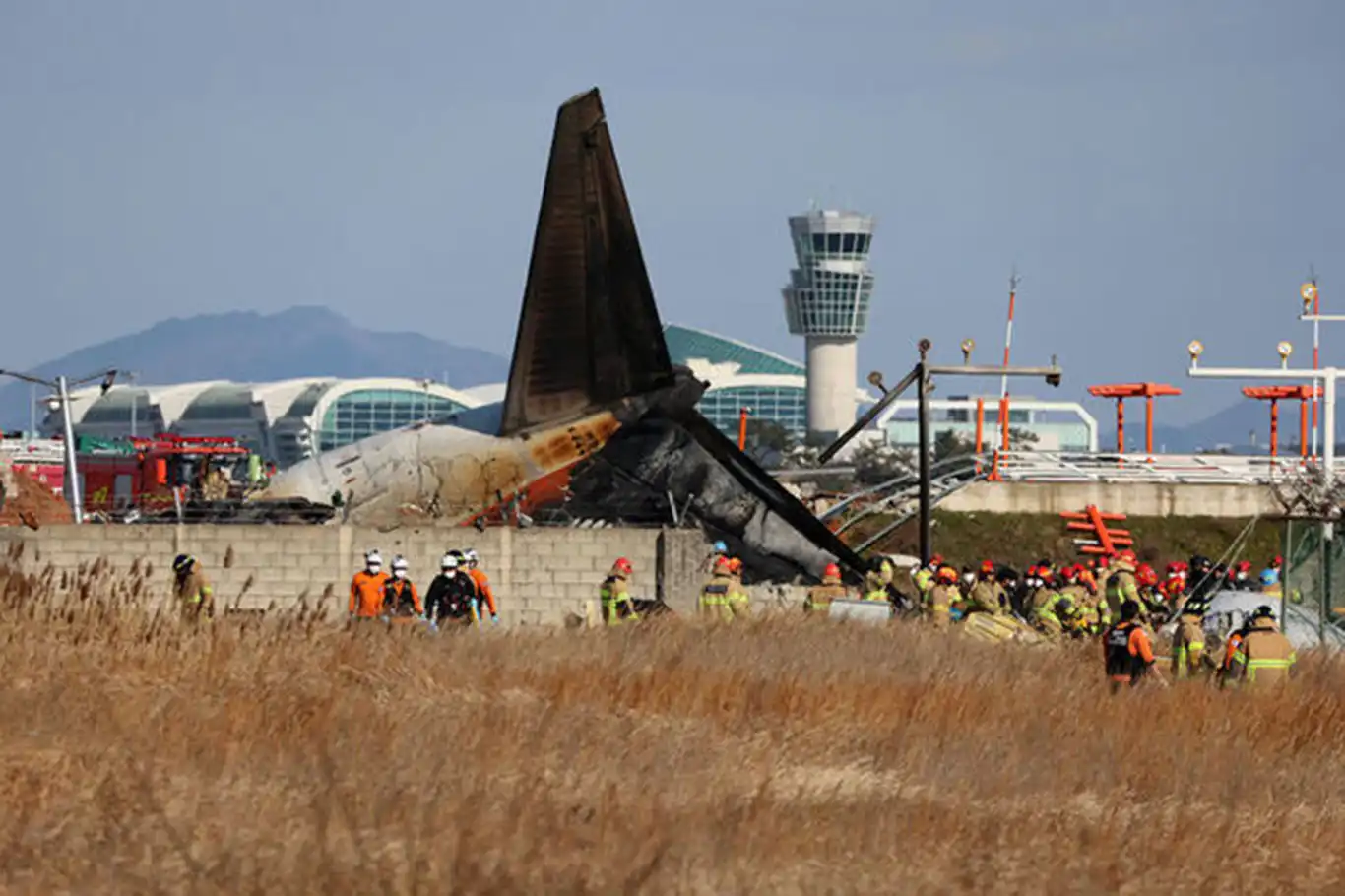WHO recommends new malaria vaccine for children
The World Health Organization (WHO) has issued a groundbreaking recommendation for the use of a new malaria vaccine, R21/Matrix-M, aimed at preventing malaria in children.

 Google News'te Doğruhaber'e abone olun.
Google News'te Doğruhaber'e abone olun. This decision comes after guidance from the WHO Strategic Advisory Group of Experts on Immunization (SAGE) and the Malaria Policy Advisory Group (MPAG) and has been formally endorsed by the WHO Director-General following the organization's regular biannual meeting held on 25-29 September.
In addition to the malaria vaccine, WHO has provided recommendations, based on advice from SAGE, for new vaccines targeting dengHue and meningitis. The organization has also released guidance on immunization schedules and product recommendations for COVID-19. Key immunization programmatic recommendations on polio, IA2030, and the recovery of immunization programs have also been issued.
The R21 vaccine marks the second malaria vaccine endorsed by WHO, succeeding the RTS,S/AS01 vaccine, which received approval in 2021. Both vaccines have demonstrated safety and efficacy in preventing malaria in children and, when widely implemented, are anticipated to have a substantial public health impact. Malaria, primarily transmitted by mosquitoes, imposes a significant burden on children in the African Region, where almost half a million children succumb to the disease annually.
While the demand for malaria vaccines is unprecedented, the available supply of RTS,S is limited. The inclusion of R21 in the list of WHO-recommended malaria vaccines is anticipated to address this gap, ensuring sufficient vaccine supply to benefit all children residing in areas where malaria poses a public health risk.
Dr. Tedros Adhanom Ghebreyesus, WHO Director-General, expressed his enthusiasm about having two safe and effective vaccines against malaria, stating: “Demand for the RTS,S vaccine far exceeds supply, so this second vaccine is a vital additional tool to protect more children faster, and to bring us closer to our vision of a malaria-free future.”
Dr. Matshidiso Moeti, WHO Regional Director for Africa, emphasized the significance of this recommendation for the continent, stating, “This second vaccine holds real potential to close the huge demand-and-supply gap. Delivered to scale and rolled out widely, the two vaccines can help bolster malaria prevention and control efforts and save hundreds of thousands of young lives in Africa from this deadly disease.”. (ILKHA)





























